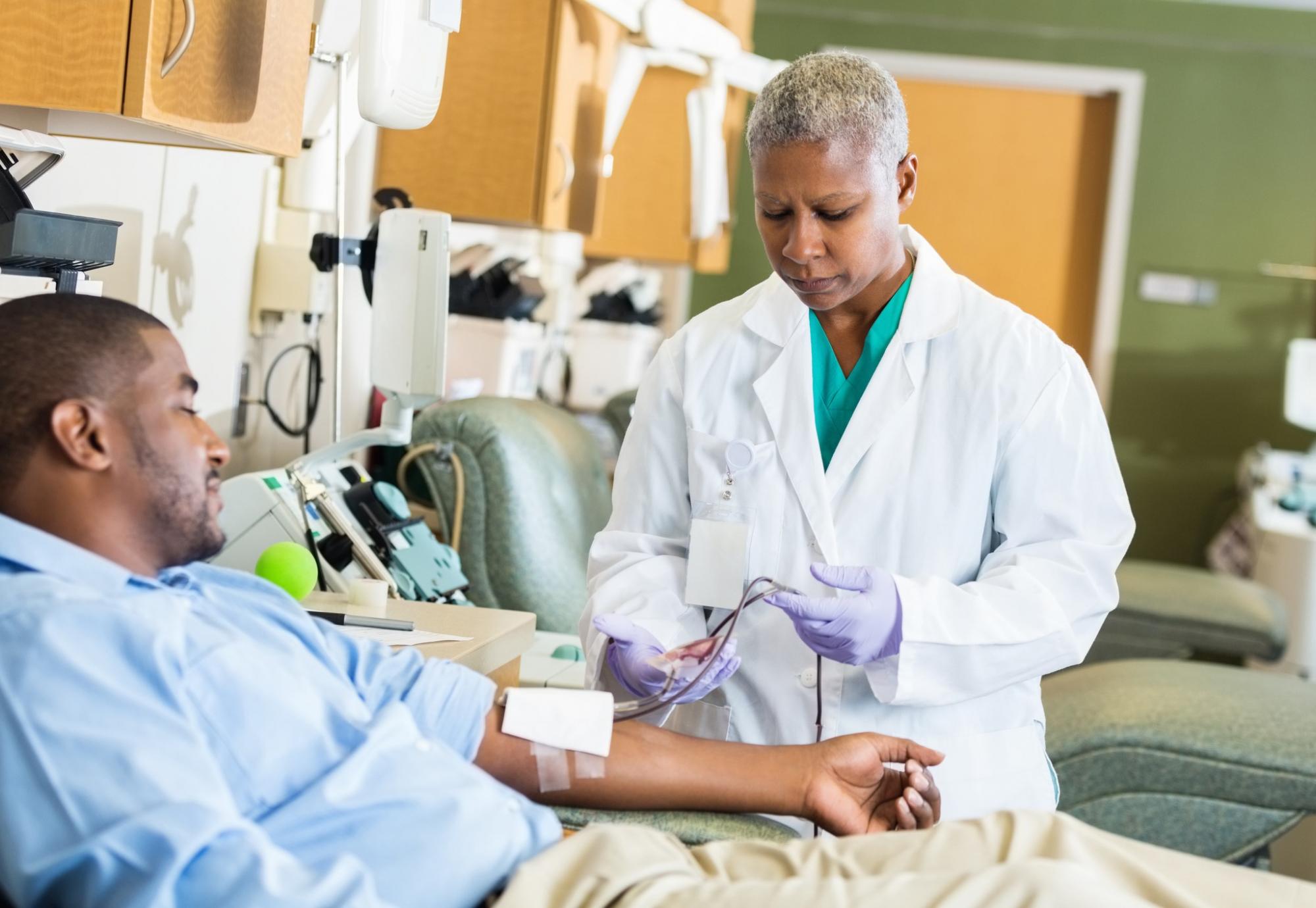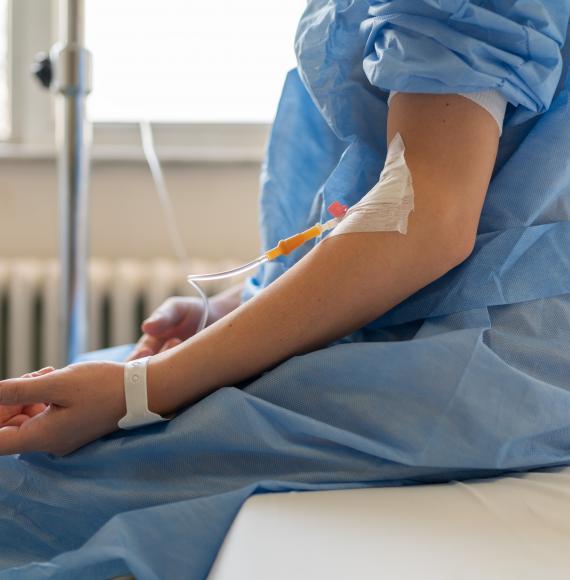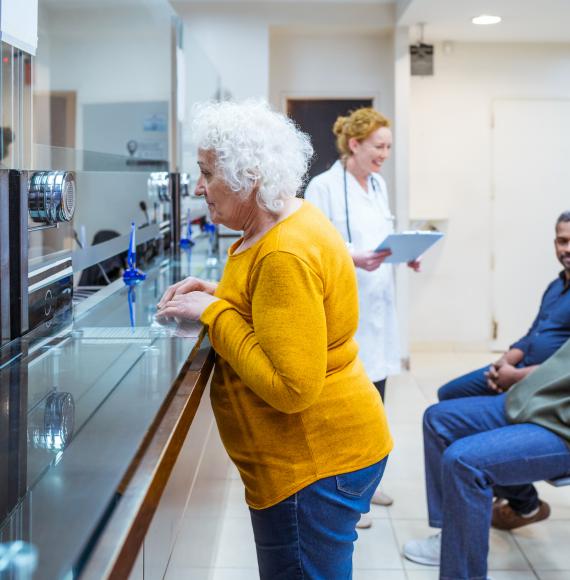In order to help support the conclusion of clinical trials into the effectiveness of using plasma to help treat Covid-19, NHS Blood and Transplant (NHSBT) has issued calls urging people who have had and recovered from the virus to continue to donate.
As part of the clinical trials, more than 800 people a week are receiving plasma transfusions in the UK.
Both of the concurrently-running clinical trials in the UK have decided to focus their research on plasma transfusions to patients who have been admitted to hospital with Covid-19, but do not yet require intensive care.
Dr Gail Miflin, Chief Medical Officer for NHSBT, said: "NHSBT is proud to be participating in these world leading trials.
"REMAP-CAP is now in the analysis phase and is exploring whether subgroups of people in intensive care benefit from plasma. The final results are not yet known.
"We urgently need people to continue donating thousands of units of plasma every week for the larger RECOVERY trial, which is using plasma from when people come into hospital.
"Antibodies work by stopping the virus, not by treating the symptoms. The emerging evidence from international studies is that use before intensive care may prove to be more effective.
"We have to complete analysis of both trials to answer these questions. We are continuing to expand our collection network, recruit staff, and recruit donors to enable both trials to report their full analysis.
"Thank you again to our staff, donors and hospitals for their commitment and participation in both trials, which are part of the national response to the coronavirus pandemic. You could save lives."
Convalescent plasma, the treatment being trialled, sees plasma gathered from patients who have had and recovered from Covid-19, and will therefore have antibodies to help fight the virus already in their bloodstream.
These plasma donations can then be transfused into a patient fighting the virus who is struggling to fight the virus and hopefully help their body spark an immune response, using the newly-added antibodies to teach the patient’s body to create their own.
The treatment has previously shown positive results as a treatment during a SARS outbreak in the early 2000s. SARS is another coronavirus.



















